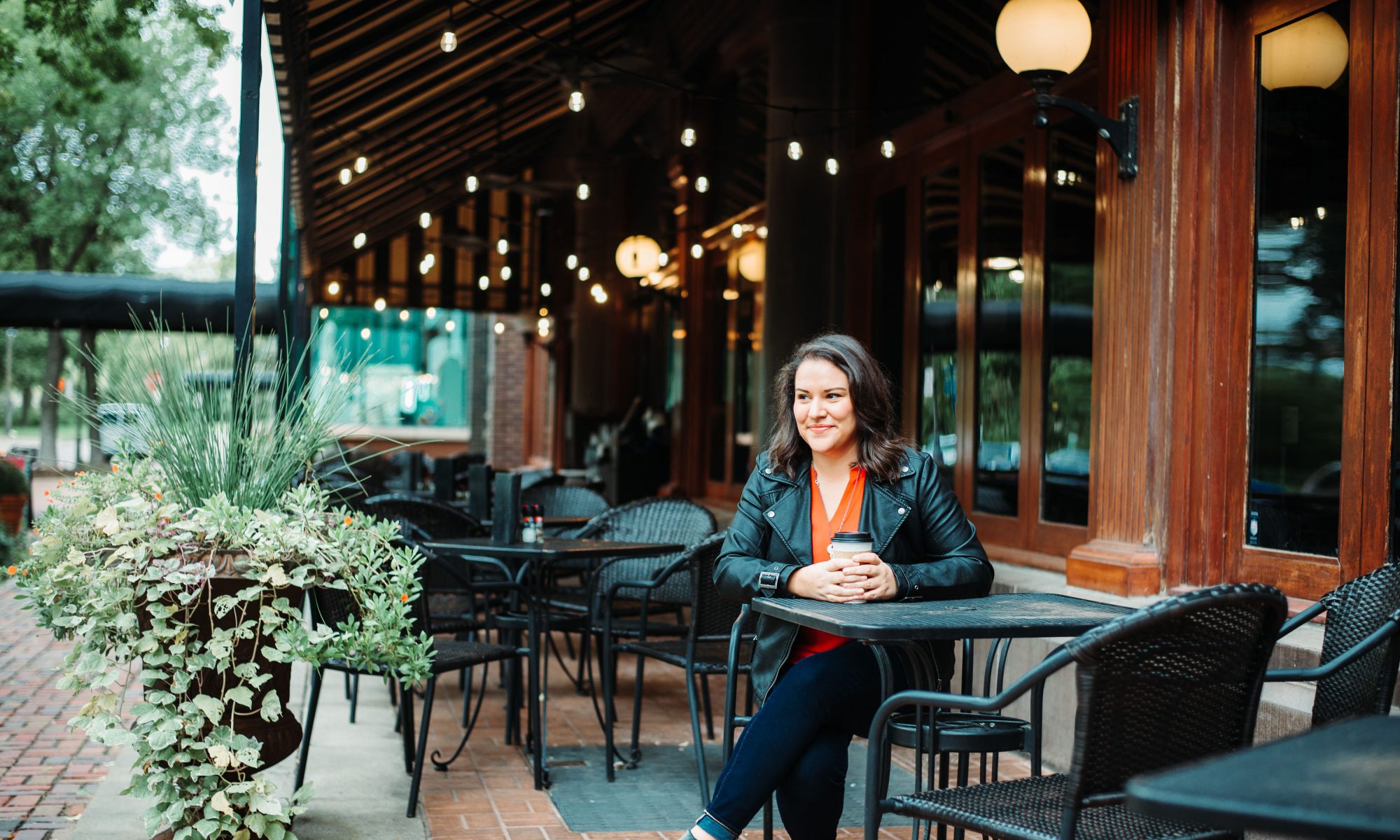By now most of you have probably heard about the tragedy in Newtown, CT. By now most of you have probably caught up on the news, heard from the President. By now most of you have probably read tweets, posts, status updates, etc with ranging emotions. Times like this bring about a lot of confusion, anger, sadness and heartbreak. It also brings about a lot of debate, healthy and at times unhealthy debate on politics, rights and privileges of living in a free society.
This is not a post about that.
I’m truly saddened by this tragedy. Saddened for the families of all involved, for children whose lives are forever altered and for whom school is no longer a safe place of learning. For parents who have the unthinkable task of burying their children. For children who have the unthinkable task of burying their parents. For the loved ones of the shooter who are now mourning several members of their family and asking the questions of why. For a community now forever changed and defined by this day.
I can’t scoff at the timing of my parables final and that while I was listening to the reports I was also reading about the Parable of the Wheat and the Tares found in Matthew 13. I was reading how the significant question being addressed in this parable by our Lord and Savior is “How can this be the Kingdom (of God) if evil is still present?”
Or in other words: Why does God let bad things happen to good people?
Jesus addresses this question with this parable: The Kingdom has become like a farmer who has planted good seed in his field. But that night as the workers slept, the enemy came and planted weeds among the the wheat, then slipped away. When the crop began to grow and produce grain, the weeds also grew. The farmer’s workers went to him and said, ‘Sir, the field where you planted that good seed is full of weeds! Where did they come from?’ ‘an Enemy has done this!’ the farmer exclaimed. “Should we pull out the weeds?” they asked. “No,” he replied, “you’ll uproot the wheat if you do. Let both grow together until the harvest. Then I will tell the harvesters to sort out the weeds, tie them into bundles and burn them and to put the wheat in the barn.”
Later his followers ask for an explanation and Jesus says that the field is the world, the farmer is the Son of Man, the good seed is the people of the kingdom and the weeds are the people who belong to the evil one. The harvest is the end of the world and the harvesters are the angels.
At the end of the world the Son of Man will send his angels to remove all the evil from his Kingdom.
But this is not the end. We’re still living in the Kingdom among the presence of evil. Jesus assures us through his ministry and the presence of the Holy Spirit that the Kingdom is present in the world today ad he also assures us that evil is present in the world today, as seen by days like today.
This parable speaks nothing of retaliation or even what we should do about evil. He only assures us that he is present and that one day there will be judgment. The greek in the parable specifically says, “The Kingdom has become like”. This passive verb form is Jesus’ way of assuring us that this was not what the Kingdom was meant for, it has become this way. Our world has become this way. Evil has come and dwells among us and for whatever reason the time for judgment hasn’t come yet. But we are assured that it will come.
Until then we cling to the presence of our Lord and remind ourselves that this is not the end.

Pastor / Teacher / Speaker / Spiritual Guide